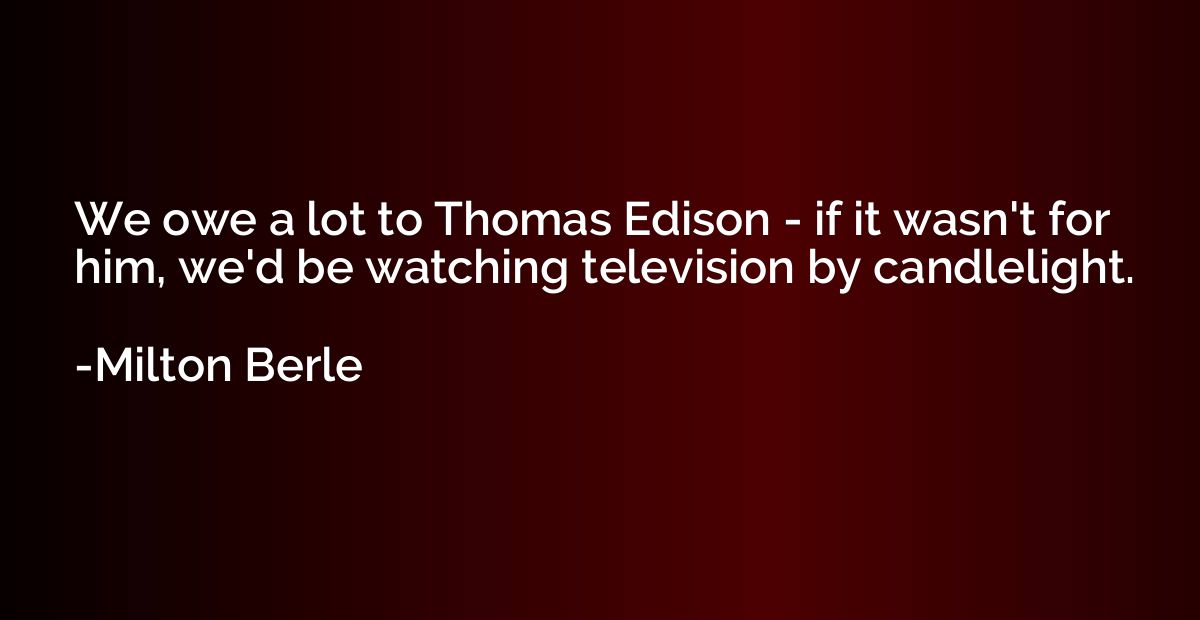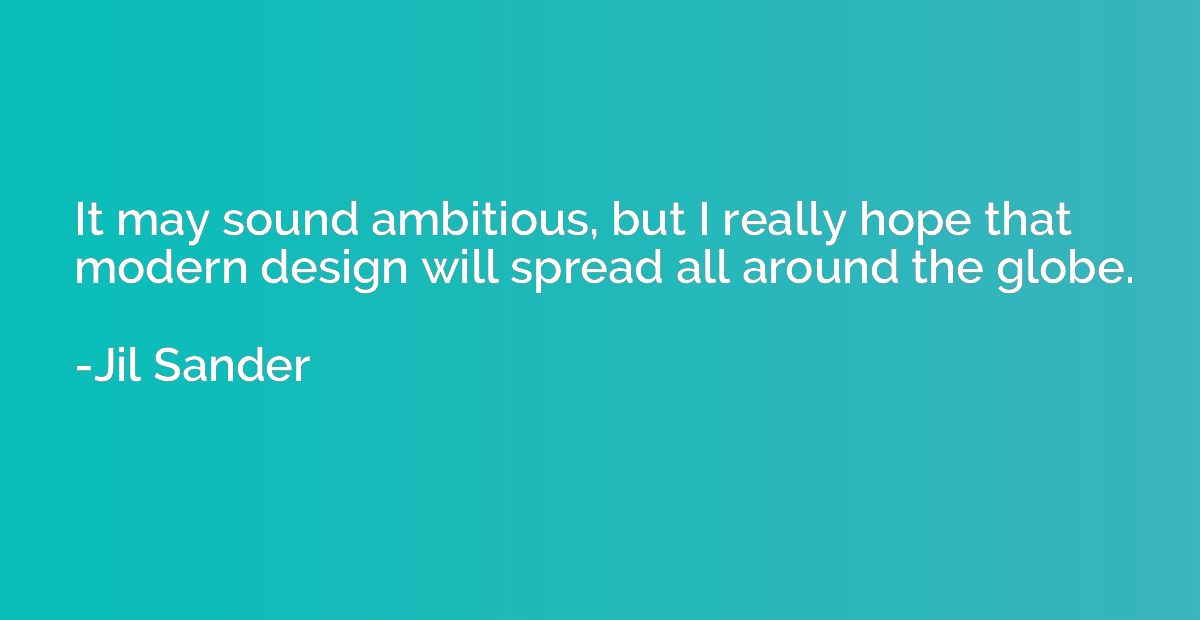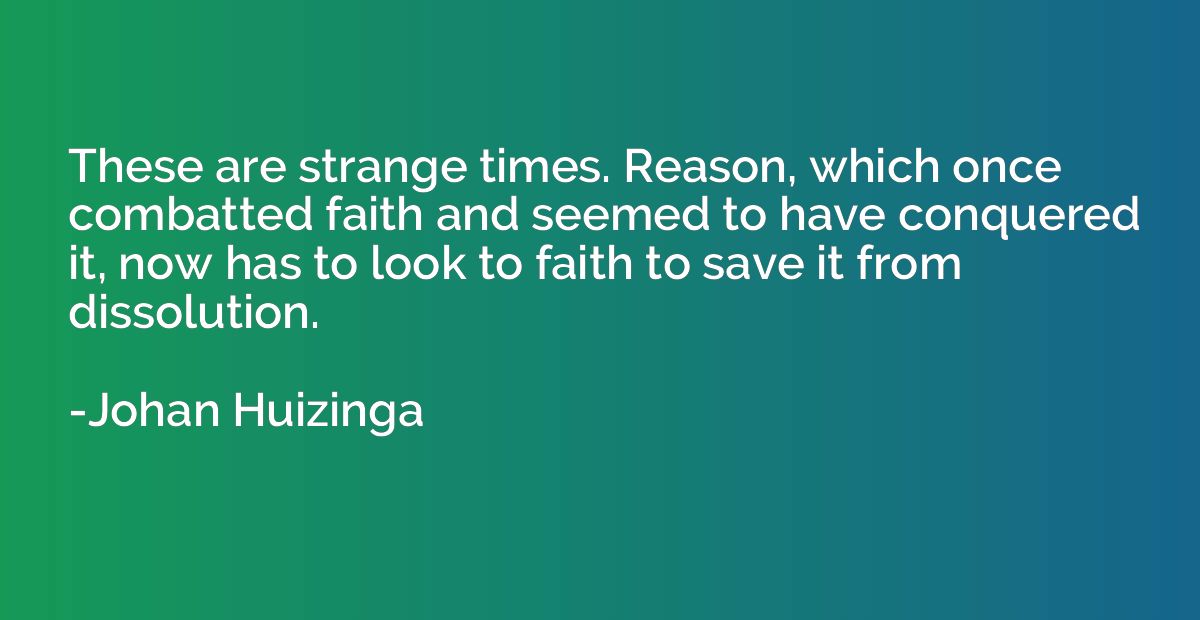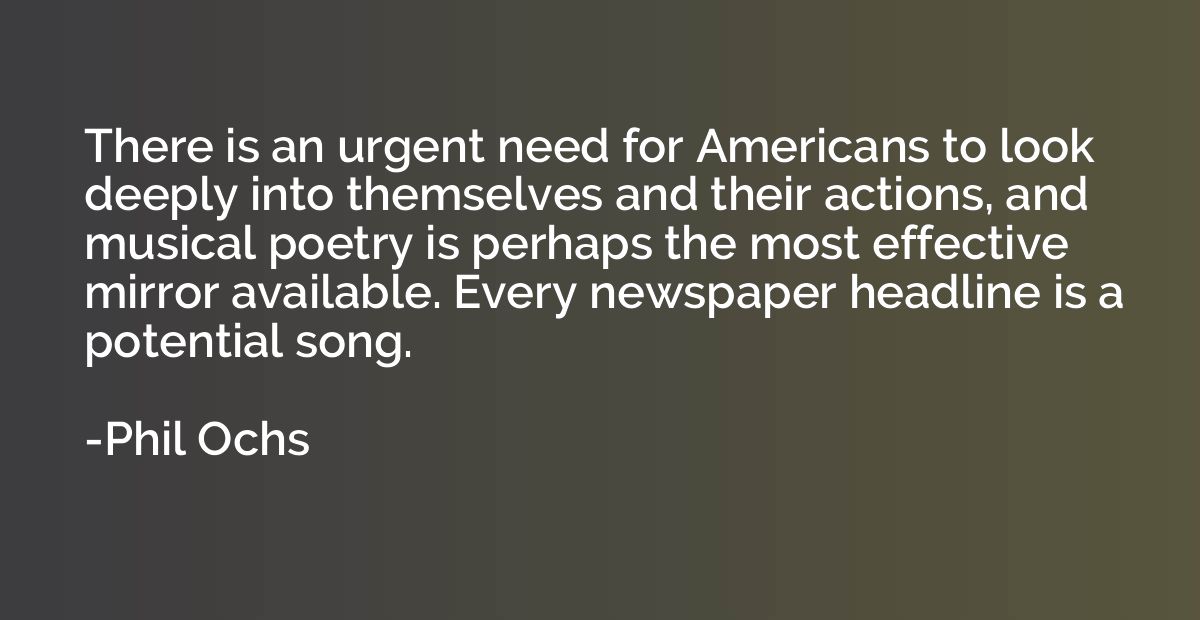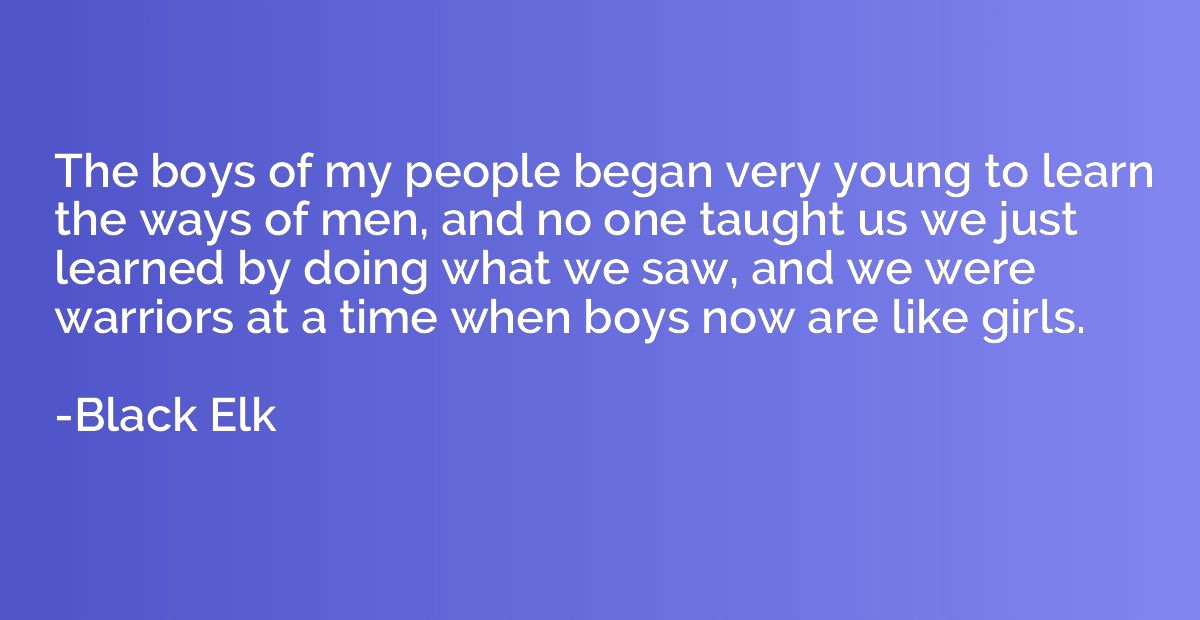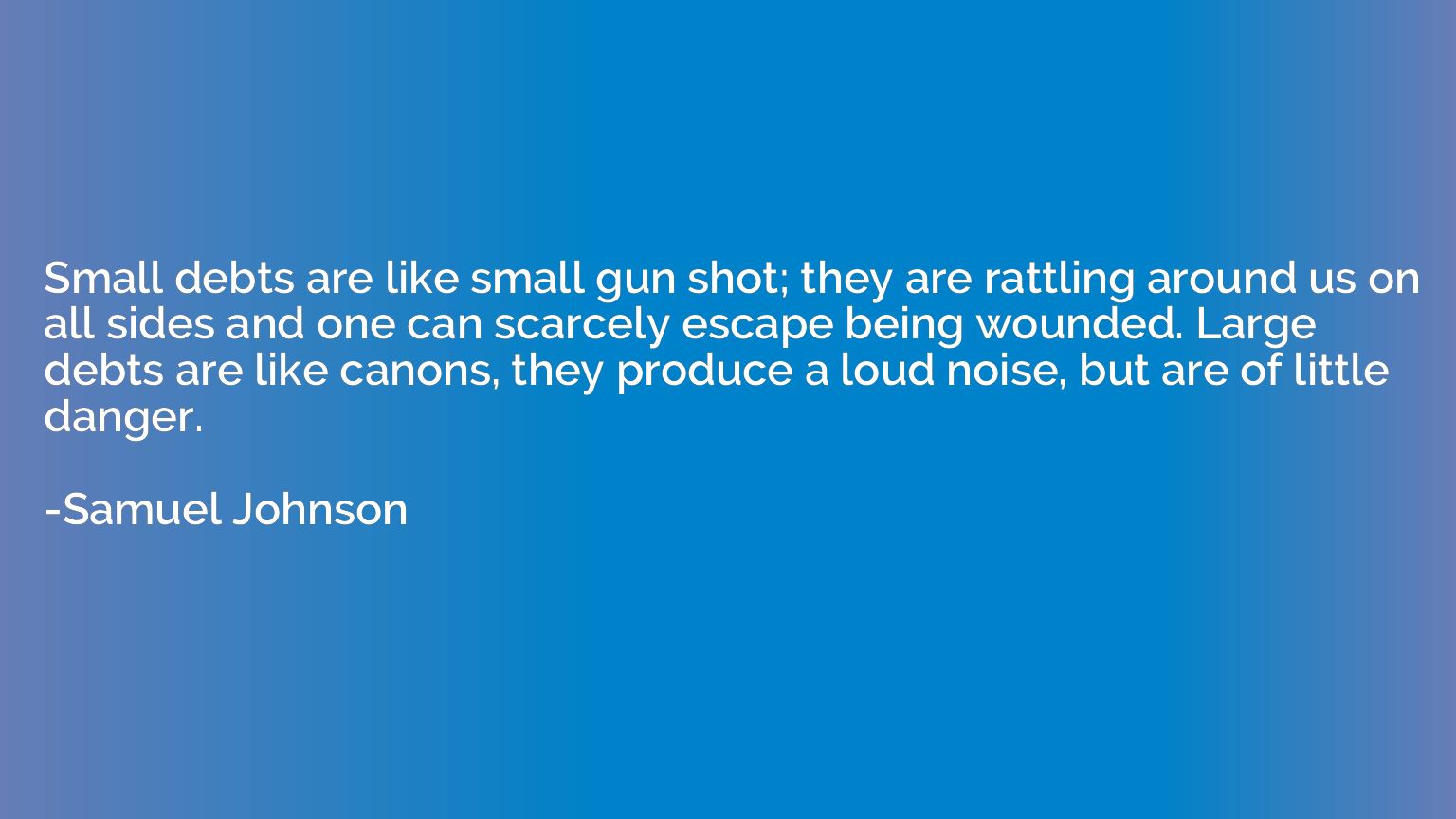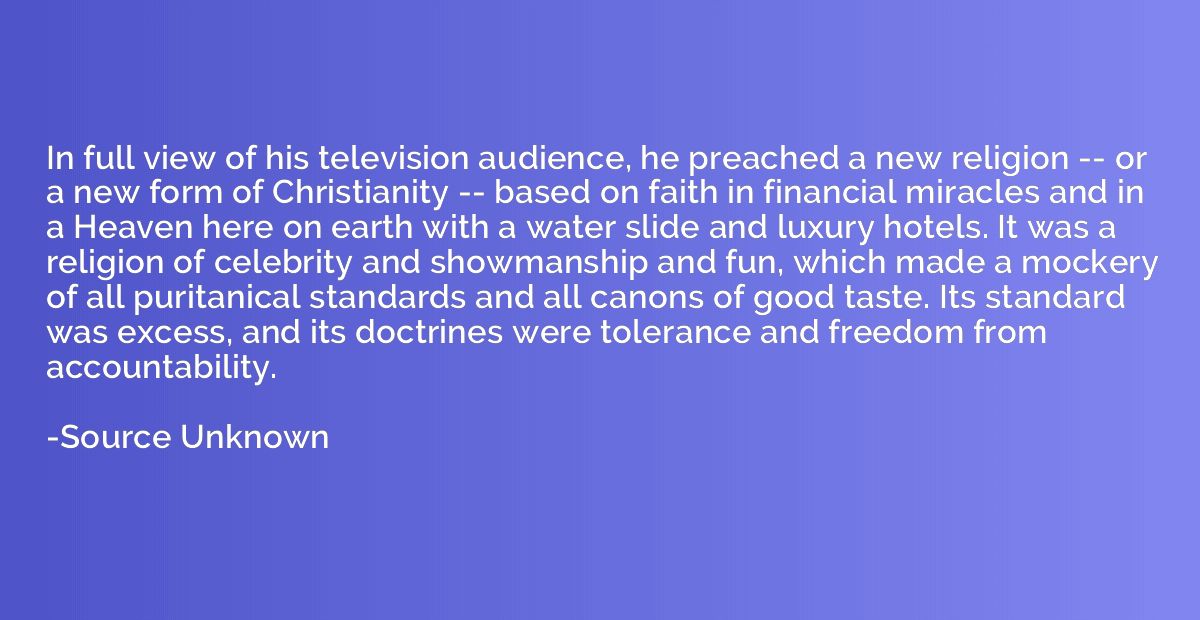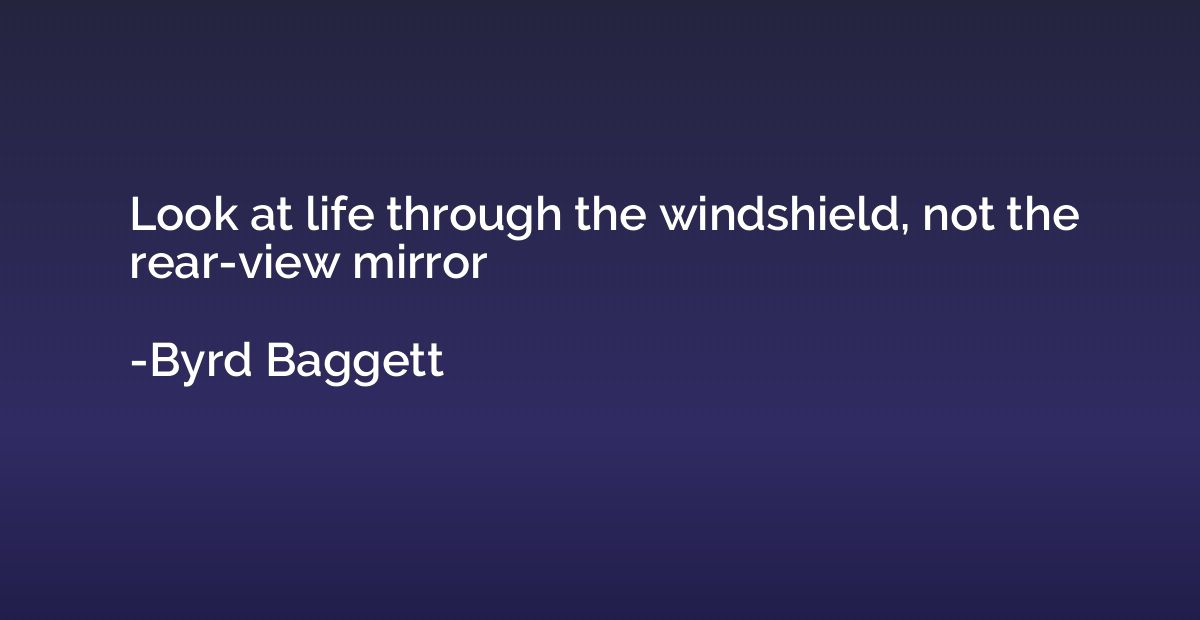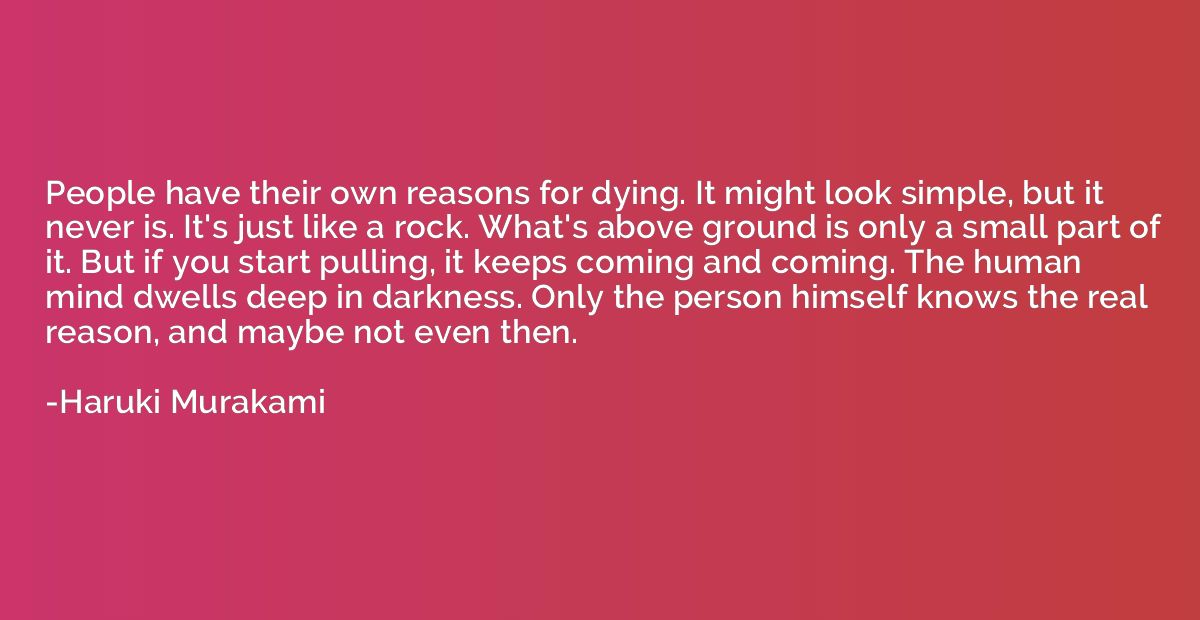Quote by Criss Jami
Many people in a rather reckless context claim to 'just tell it like it is'. In actuality, nobody really stresses what one says so much as the motive behind what one says; hence, he is merely blowing hot air and detracting from 'what is'.
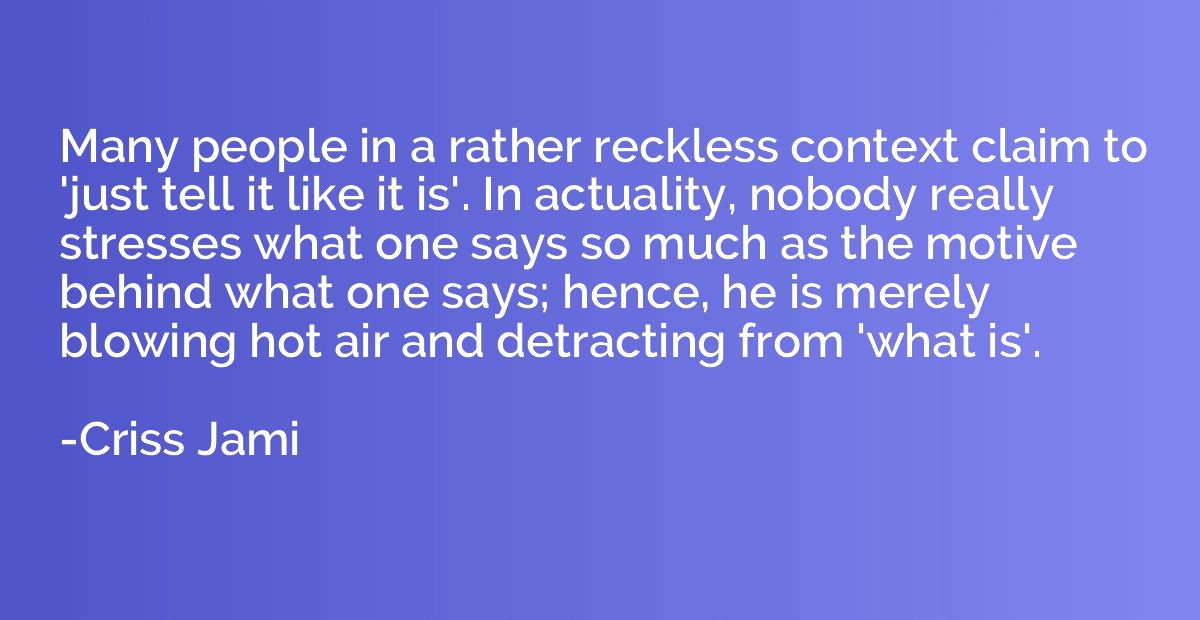
Summary
This quote suggests that when people proudly claim to be speaking the truth or being brutally honest, their intentions are more important than their words. It argues that one's motives behind their statements hold more significance than the statements themselves. By emphasizing this idea, the quote criticizes those who engage in reckless and empty talk while diverting attention from understanding the true reality of a situation. In essence, the quote contends that speaking the truth should be accompanied by genuine motives and an honest concern for understanding and appreciating the reality at hand.
Topics
Creativity Intention Intent Honest Argumentation Dishonest Blunt Actuality Context Craftiness Detraction Effective Effectiveness
By Criss Jami



